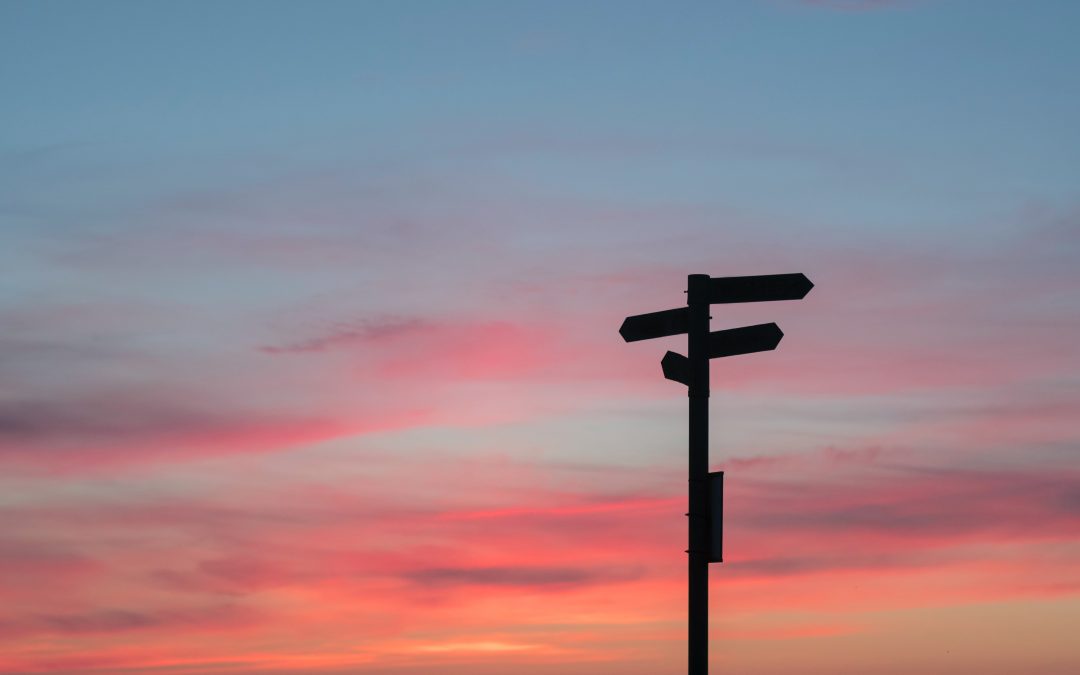It’s a funny thing, redefining one’s boundaries between the professional and the personal. As an editor, I’ve always felt that I needed to keep my identity as a disabled woman separate from my work. (More on the language politics around ‘disabled woman’ versus ‘woman with disability’ in future posts!) As a disabled woman, I know that I never would have considered editing as a career had I not needed to find a skill that brought me both passion and flexibility around my ever-present health instability.
Soooo … I have decided to bring the two into alignment. Since 2016, I have been working more in the disability sector in a range of consumer advisory groups, NDIS providers, and other informal ad hoc roles. At times, my editing has been used to assist people with disabilities (PWD) with some tasks, and I have also assisted businesses to learn more about NDIS, and the intricacies and idiosyncrasies of life with a disability in general.
Bringing these two things into one is a scary thought. I’ve held off through fear of my professional abilities being questioned, or a change in perception by those who may seek me out to work with me. Despite that, I have chosen to write more in this area because disability isn’t one-dimensional; it is intersectional. Disability affects people of all nationalities, political persuasions, religions, sexualities and genders. Therefore, it’s important to explore inherent issues, challenge the social mores, and discuss perspectives that help to inform discussions leading to richer lives, better understanding, and a lessening gap of opportunity between all people.
I don’t, for a single second, pretend to be a voice for all PWD. I most certainly can’t claim to be someone whose opinions and views are gospel, or true for every person ‘like me’. But what I hope to achieve by creating this blog is to cover subjects both on editing and disability, and how these subjects and the development of language around them often cross over.
An editor isn’t just someone who ‘spells good’ *shudder*. We can be subject-matter experts who help others in our areas get across the right message. And how can we do that without having a feel for the field in which we choose to work? In this way, my disability may complement the authenticity and integrity of my work.
I truly relish the thought of the upcoming journey, and I invite you to join me and read along. I hope it leads to greater learning and fantastic discussions for all of us!

